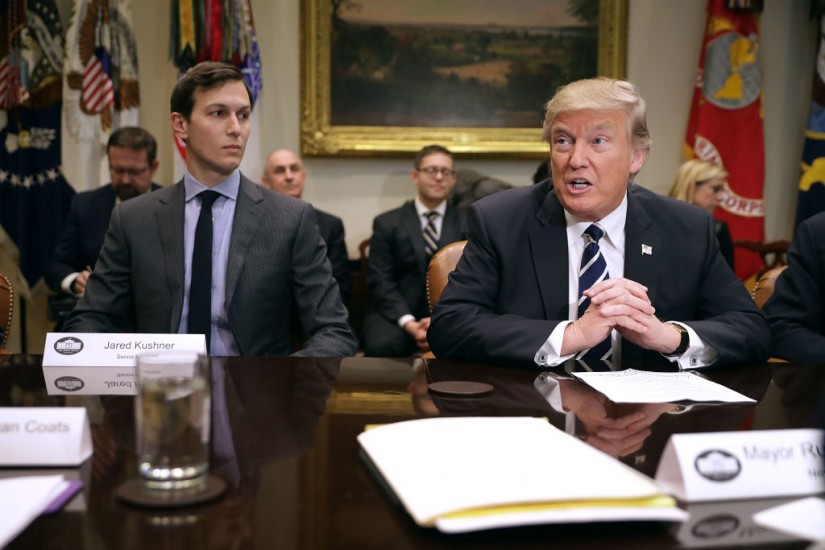President Donald Trump's son-in-law and Senior Advisor Jared Kushner is exercising great influence in shaping White House policy. He has a broad portfolio including government reform and some aspects of foreign affairs. Trump reportedly trusts his judgment and his continual access to the president gives him immense power. But his position also has some downsides. Critics assert that his role and responsibilities need more clear definition and that his work should be more out in the open. He is under investigation in connection with Russian meddling in the 2016 presidential election.
Kushner's complex son-in-law cum advisor role is unique but there is an interesting historical parallel. Andrew Jackson, who served 1829-1837, one of the presidents Trump cites as a model, actually brought his nephew, Andrew Jackson Donelson (1799-1871), to live in the White House with his family. Jackson, a widower with no children, had practically adopted Donelson as a child when his parents died. Donelson's wife Emily functioned as informal hostess at White House social events. Jackson trusted Donelson, who had served as his military aide when Jackson was a general and had managed Jackson's Tennessee estate and business affairs.
Donelson worked tirelessly for Jackson's election in 1828; Kushner did the same for Trump last year.
As president, Jackson, like Trump, relied heavily on a small group of trusted advisors. Donelson was at the center of the action. He served as secretary to the president, screened visitors and handled correspondence. He provided advice, drafted speeches and messages to Congress, and sometimes served as the president's informal spokesman and negotiator. Jackson probably confided in Donelson more than anyone else. Donelson probably understood Jackson's innermost feelings, occasional outbursts of temper and reversals of opinion, and his contempt for political opponents, better than any other person. Jackson trusted him to informally keep things going at the White House when the president was out of town.
